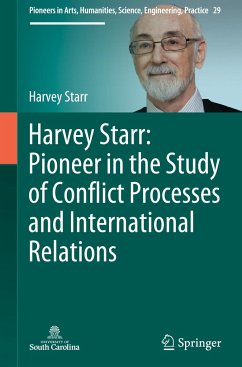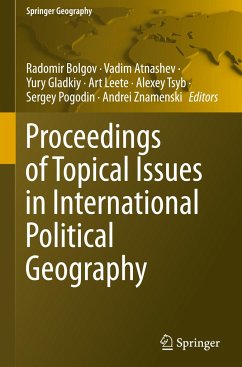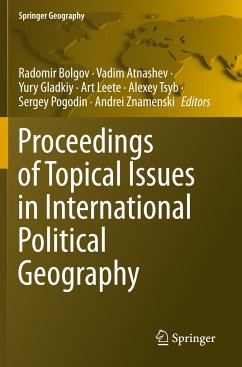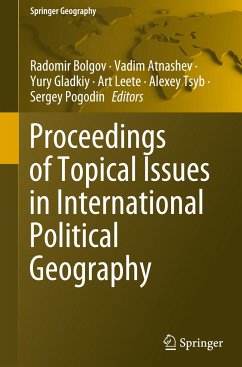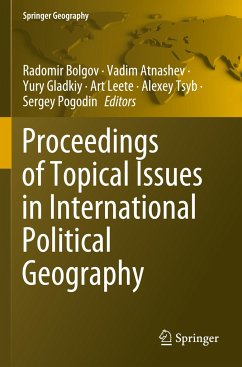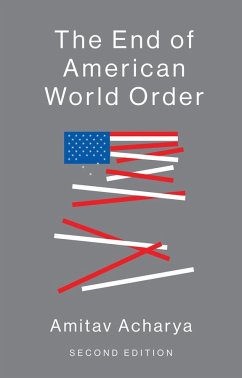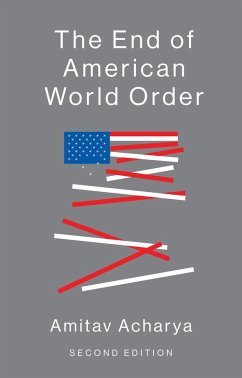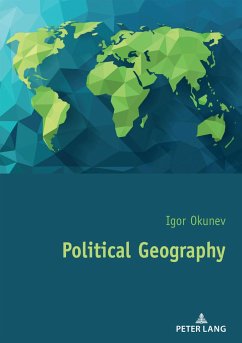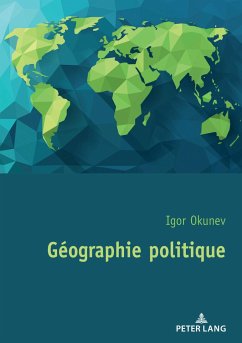
Harvey Starr: Pioneer in the Study of Conflict Processes and International Relations
Versandkostenfrei!
Versandfertig in 6-10 Tagen
91,99 €
inkl. MwSt.
Weitere Ausgaben:

PAYBACK Punkte
46 °P sammeln!
This book sets out, through Starr's personal story, his interest in how the ideas of "intellectual trajectories" and "political memories" could be incorporated into intellectual autobiography, thus exploring how the personal lives of individual academics intersected with their professional interests. By following the development of his approach to research, interdisciplinarity, the logic of inquiry, and the opportunity and willingness framework scholars and researchers will see how his groundbreaking research in Conflict Processes and International Relations Theory developed and were interlink...
This book sets out, through Starr's personal story, his interest in how the ideas of "intellectual trajectories" and "political memories" could be incorporated into intellectual autobiography, thus exploring how the personal lives of individual academics intersected with their professional interests. By following the development of his approach to research, interdisciplinarity, the logic of inquiry, and the opportunity and willingness framework scholars and researchers will see how his groundbreaking research in Conflict Processes and International Relations Theory developed and were interlinked (especially diffusion, geography and spatiality; the democratic peace and integration; decision making). In addition, graduate students and junior faculty should find useful hints about how to navigate their way through the complexities of becoming both a professional and successful academic and scholar.
-This book provides the most complete treatment of the workand contributions of Harvey Starr, a former President of the International Studies Association.
-Important for contemporary students of international relations, and their understanding of IR theory and methods.
-Demonstrates an eclectic linking of theoretical, logical, and empirical approaches to the study of IR-providing a critical logic of inquiry to do research.
-Provides insights and blueprints for how to develop interdisciplinary and multidisciplinary scholarship, highlighting geography and social-psychology.
-Affords graduate students and recent Ph.D.s guidance in the development of research, becoming a professional, and the choices to be made in one's academic career.
-This book provides the most complete treatment of the workand contributions of Harvey Starr, a former President of the International Studies Association.
-Important for contemporary students of international relations, and their understanding of IR theory and methods.
-Demonstrates an eclectic linking of theoretical, logical, and empirical approaches to the study of IR-providing a critical logic of inquiry to do research.
-Provides insights and blueprints for how to develop interdisciplinary and multidisciplinary scholarship, highlighting geography and social-psychology.
-Affords graduate students and recent Ph.D.s guidance in the development of research, becoming a professional, and the choices to be made in one's academic career.



